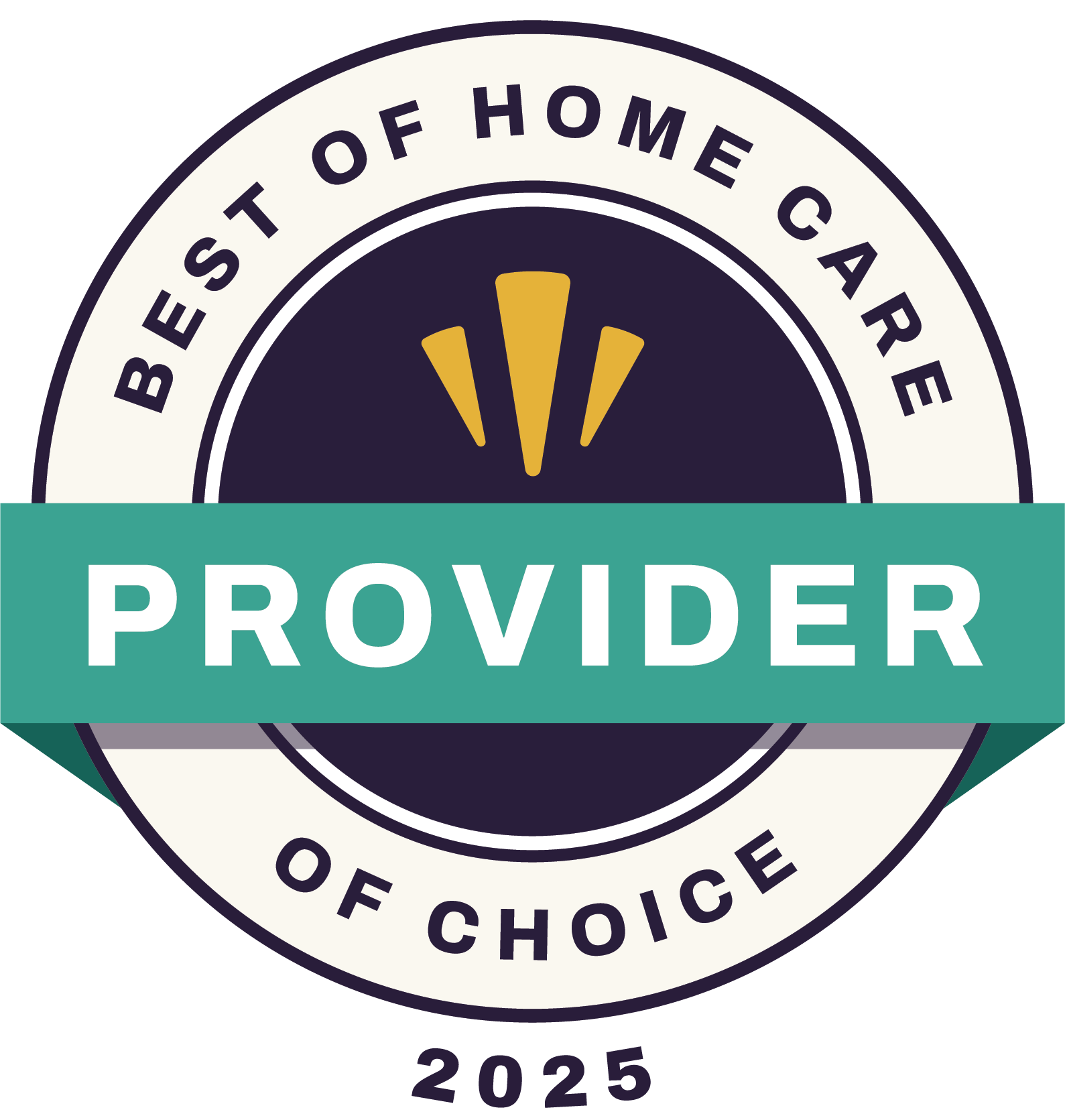Approaching the Idea of Telemedicine with Senior Parents
Technology makes life easier for our senior parents in various ways, and their well-being is no exclusion. Telemedicine or telehealth is a technological advancement in health services that allows the provision of medical consultations remotely without the need for a physical meeting.
With telehealth, our elderly parents’ health concerns are addressed, and they can manage their routine medical appointments or checkups without having to leave their homes. Interestingly, this type of consultation has become a more popular option in the current era of COVID-19. Senior parents can now follow COVID-19 guidelines such as staying at home and keeping social distance by decreasing in-person visits to medical facilities. In addition, as family members, you are protected from virus exposure because the need to go out and take your parents to a physician is significantly reduced.
What Is Telemedicine?
Telemedicine involves virtual appointments with health care providers. In many instances, remote consultation is helpful for aging parents who live with chronic diseases (e.g., diabetes, blood pressure), and who need recurrent check-ins with their clinicians. Video conferencing tools provide a platform where patients can see and connect with their doctors.
Home-based health monitors such as blood pressure cuffs, glucometers, and scales can be connected to the session. This way, physicians can make seamless recommendations during the remote medical checkup.
Telemedicine can also offer an online community where our seniors can socialize with each other, helping them avoid social isolation or depression. By talking to other individuals in similar situations, senior parents can be part of a community that fosters hope.
There are also technological advancements that can help seniors manage their medications. It is more likely for an aging parent to forget to take their medication, and this is where telehealth comes in. A specialist can monitor if and when their patients have taken their drugs. This results in reduced hospital readmission and enhanced medication compliance.
Information is power. Telehealth has allowed a vast number of our health care workers to share vital information without a geographical barrier. Perhaps, when your parents’ specialist encounters a foreign condition, they can easily share information such as diagnostic images, blood examination results, and more appropriate expertise in real-time remotely.
Benefits of Telemedicine
Without a doubt, telemedicine brings with it a ton of benefits. From health care providers to senior patients and their adult children, this advancement in health services has got a package for everyone. Read on to discover some of its benefits.
-
The spread of contagious diseases through crowded waiting rooms is reduced. With a weakened immune system, our seniors can avoid overwhelming their bodies with new strains of other viruses or illnesses (such as coronavirus) by getting care in the comfort of their homes.
-
Aging parents who prefer minimal movement will appreciate that they can get medical attention through streaming devices.
-
Remote consultations are cost-saving. Patients or their dependents can now save a lot of money that would otherwise go to gas. You also reduce costs associated with airlifting patients to faraway medical centers.
-
Working seniors can now reduce the number of days they need to be out of work. Now, they can attend a remote by appointment with the clinician during a work break or even after work hours. Consequently, you no longer require off days to take your elderly parents to the hospital — you can help set up their remote consultation instead.
-
Adult children are now more engaged in their aging parents’ well-being. Loved ones are often entrusted to conduct remote sessions for their parents.
When Telemedicine Is Not a Good Fit
While it is ideal for quick checkups, telehealth may not be a precise solution in various circumstances. This is true especially when a patient requires emergency care or has an urgent, life-threatening condition. Bringing them to a nearby medical facility is the best and most sensible choice in such cases.
Additionally, telemedicine shouldn't entirely replace a face-to-face relationship between the patient and the doctor. Once in a while, your parents will need to visit their medical specialist in-person for them to monitor what telehealth sessions might miss.
Looking for more ways to support your elderly parents during quarantine? Visit our blog and find out how to help your aging parent shop safely during COVID-19.
Written by: Leah Ganz
Leah Ganz, RN, BSN is the Director of Patient Services at Elite Home Health Care. She has an extensive background in homecare and previously worked in various specialties including pediatrics, pain management and internal medicine. She oversees all patient services across Elite's departments.



